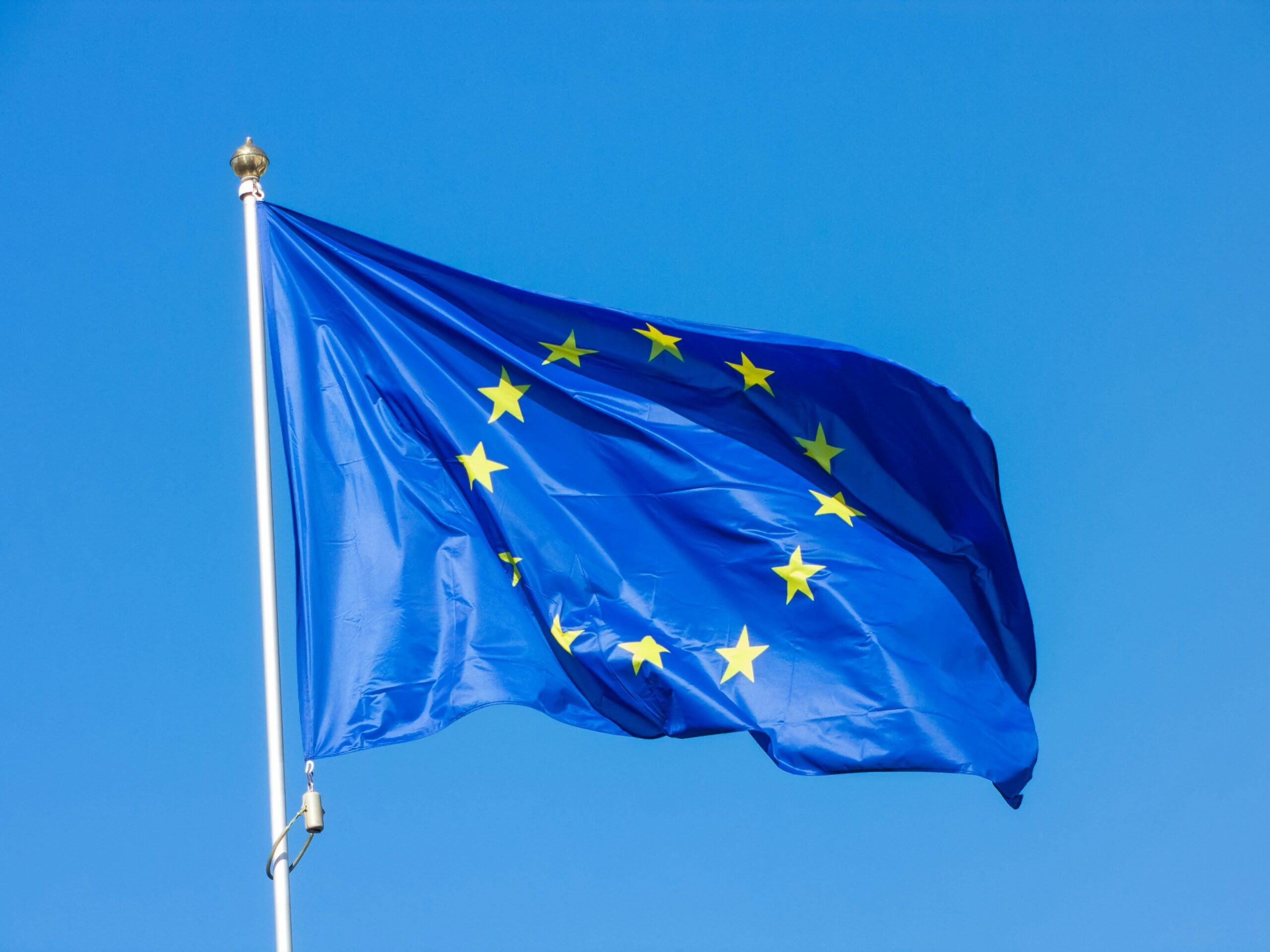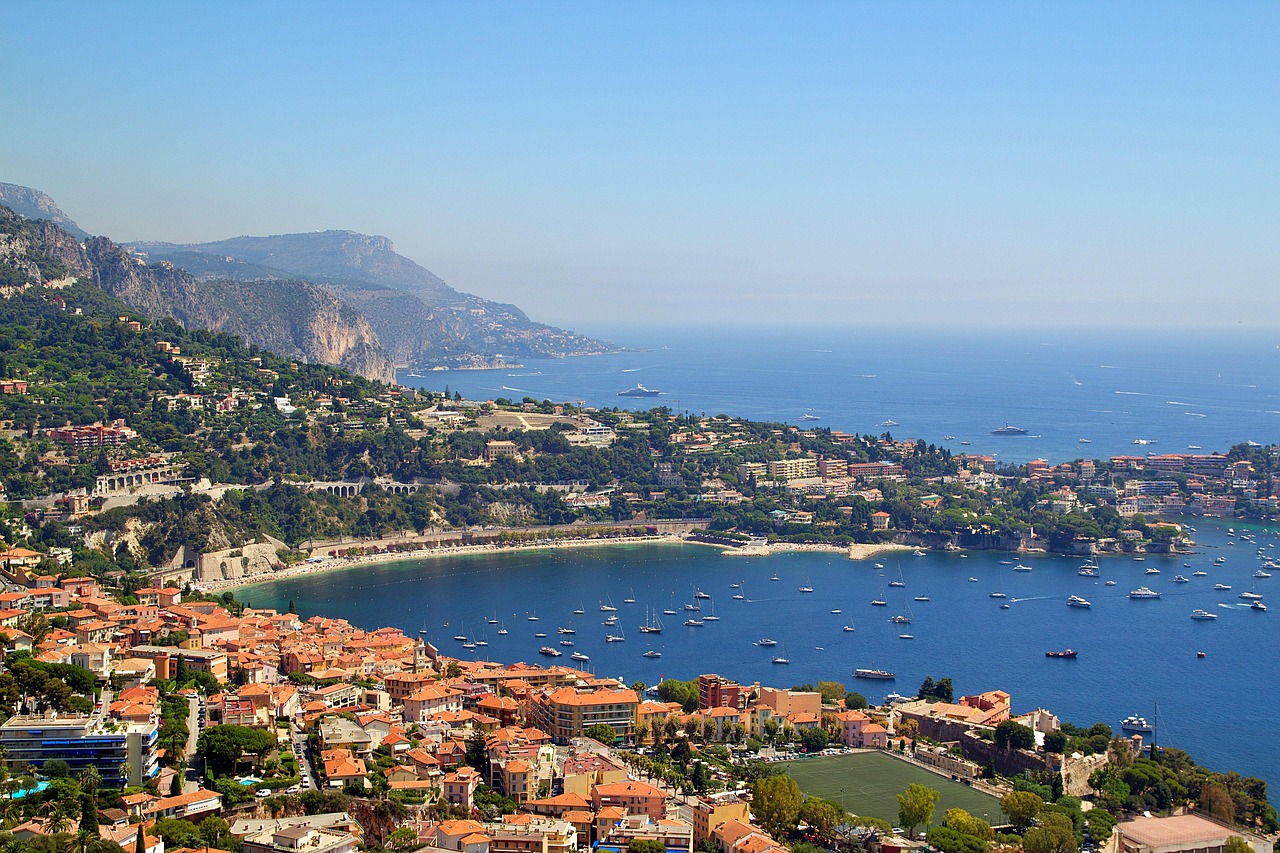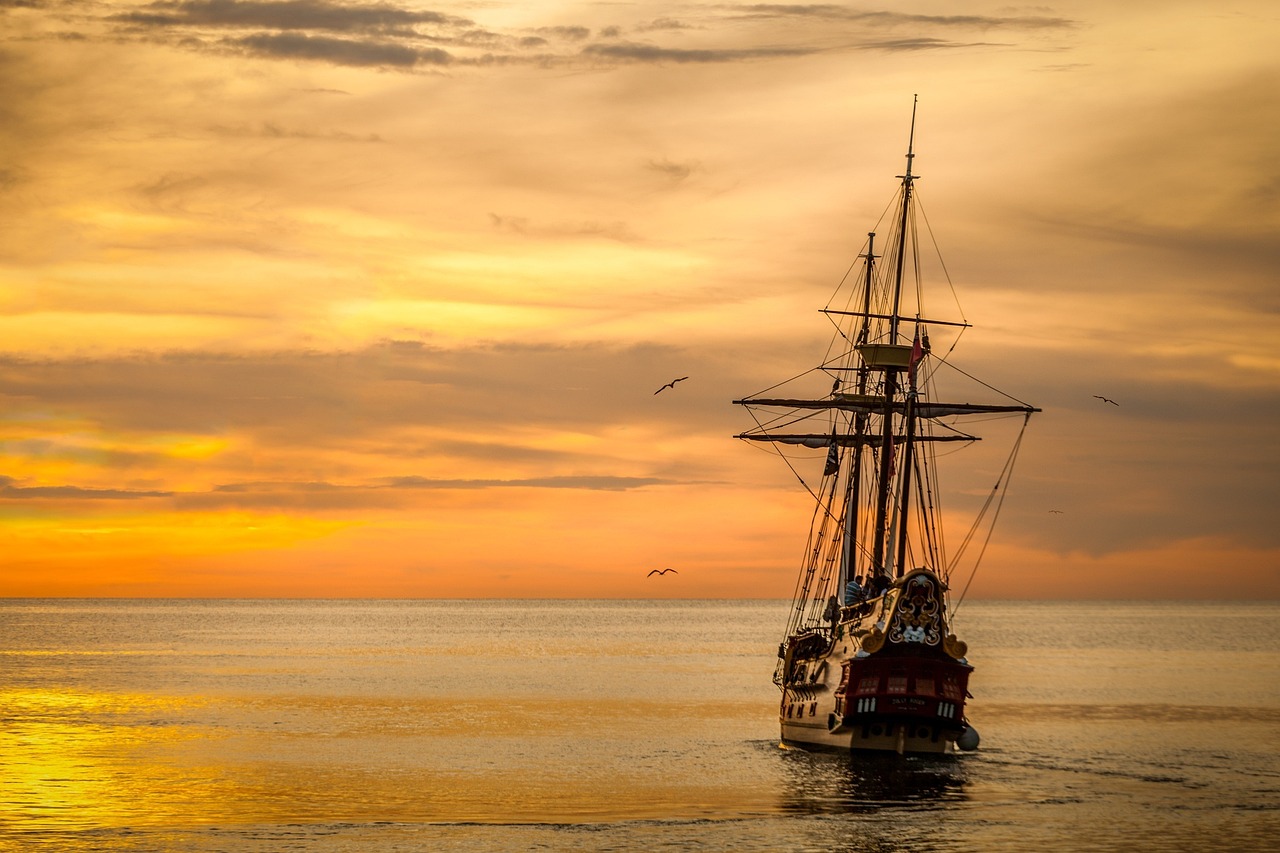Image: EU flag – Alexey Larionov
The United Kingdom is facing mounting criticism for its delay in ratifying the High Seas Treaty, also known as the Global Ocean Treaty, as the European Union and several of its member states move swiftly ahead. The treaty, aimed at protecting marine biodiversity in areas beyond national jurisdiction, requires 60 ratifications to enter into force. The high seas ratification tracker shows that 28 countries have ratified the agreement, including the EU and eight of its member states: France, Spain, Cyprus, Finland, Hungary, Latvia, Portugal, and Slovenia.
Celebration as EU leads the way
The EU’s collective ratification underscores its commitment to ocean conservation and the global goal of protecting 30% of the world’s oceans by 2030 and was warmly welcomed by conservationists. This move comes just ahead of the United Nations Ocean Conference, 9 – 13 June in Nice, France, where nations will convene to address pressing challenges.
Image: Nice, France – Jonny Joka
Why is the UK lagging behind?
In contrast, the UK, despite being among the first to sign the treaty in September 2023, has yet to ratify it. Environmental organisations, including Greenpeace UK, have expressed concern over the UK Government’s inaction. Chris Thorne, Greenpeace UK’s senior ocean campaigner, emphasised the urgency, saying: “David Lammy wants the UK to be a leader on climate and nature, so he can’t afford to miss the boat on signing the Global Ocean Treaty into UK law.” Greenpeace colleague and deputy head of politics, Reshima Sharma, believes that the only reason the UK has not ratified the treaty yet is due to “a lack of prioritisation from this government.”
Image: Ship at sunset
As the UN Ocean Conference approaches, the UK’s hesitation stands in contrast to the accelerating momentum among other nations. According to Oceanographic, the delay not only risks the UK’s credibility, but also jeopardises collective efforts to safeguard marine ecosystems and achieve the “30 by 30” target.


